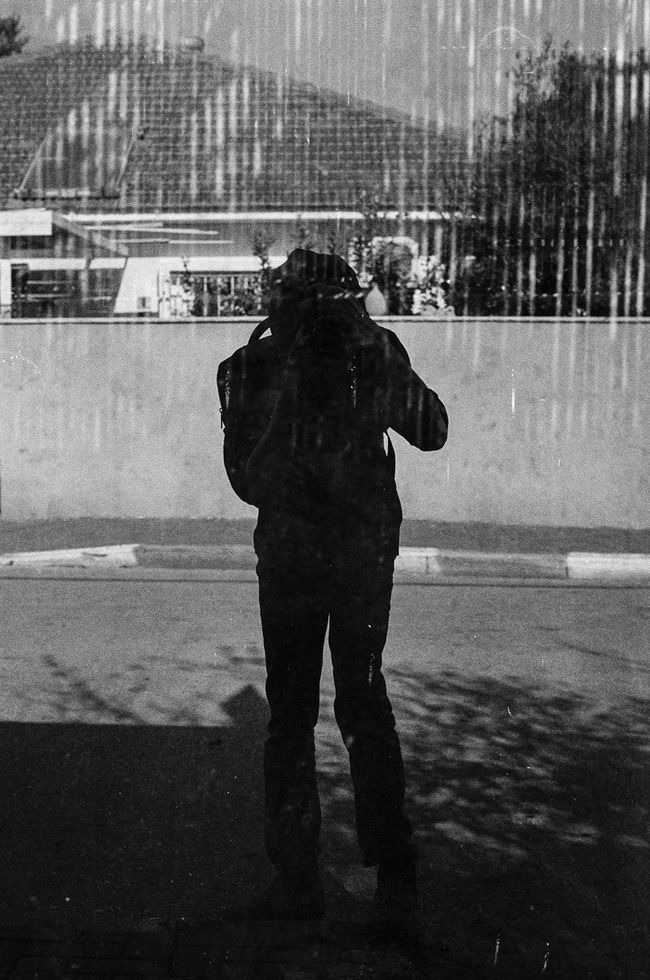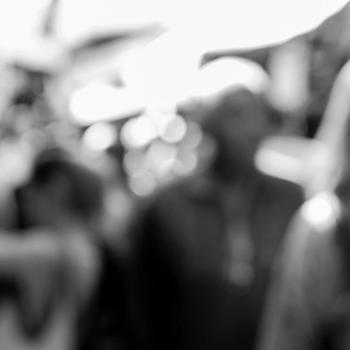Prologue
In the previous post I briefly mentioned the long break I had from photography, and how it might be that trying out film very much saved this hobby from a certain death. Since day one of working on this website, I knew for sure that I'd eventually want to cover this story, and even though the most logical move was to open with it, as it was the primary reason for this whole blog - I intentionally avoided doing just that. That’s just how I am. I’m against making things too official. I’ve learned from past experiences that taking long-term projects like this too seriously always ruins the fun for me, which almost every time results in a painful burial.
And yet - now is the time, dear readers. It’s time for me to unpack this whole mess. But before I do that, let me just clarify a few things :
First of all - This is a topic I’ve been thinking about constantly for the past couple of months, and I’m still not done with it, and probably won’t be done anytime soon. Film photography, like any other type of creative endeavor, has an endless learning curve. And so, if you find any contradicting points while reading this, you can be sure I probably didn’t notice them yet. When there’s so much to think about, so many points and nuances - it’s kind of hard to make sure it all works out together.
I’ll also remind whoever’s reading this (and myself included) that art and all of its unlimited types and shapes of creative processes - are completely subjective. What works for me might not do the same for you. This piece is going to focus mainly on the topic of Limitations, and even though I'm about to make some not-so-much-new comparisons between film and digital photography, please don't take them to heart, as I'm only doing so to explain my own personal point of view. It might be that my preferable limitations look and act differently than yours, and there's nothing wrong with it.
Many thanks to you all for reading this post in your spare time (a fair warning : it's 7 pages long). Hope you enjoy it.
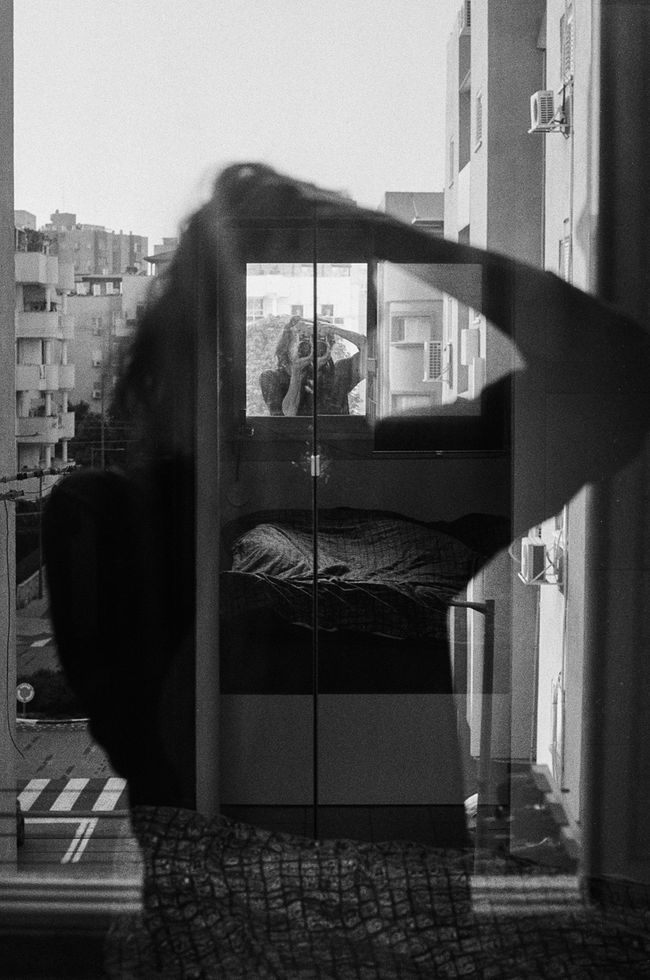
A quick 8-year summary
I guess I’ll just start at the beginning.
I began playing around with photography in my early teens. Most probably got the inspiration from my father, who's a long-time photographer now (biassed shoutout : check out Victor Bezrukov's amazing work). It was so long ago I don't even remember what type of digital camera I had. an old Canon probably, if I have to guess.
To be honest - I think it was possibly the purest mindset I’ve ever been in with a camera in hand. No rules. No limits or restrictions. I had no idea what I was doing. Probably didn’t even notice the camera was on full auto. Probably didn’t even know it can work any other way. I just took pictures of whatever was around me. Nothing other than the subject itself really mattered. I’m kind of envious of that time, now that I’m trying to remember that feeling. Taking pictures for my own pleasure. Not having any standards whatsoever. Very liberating, to say the least.
As I’m writing this piece now, I can’t but wonder how my photography style and workflow would've come out today, if I had the same amount of carelessness I did back then. One thing is for sure, and it’s that I wouldn't be so critical of digital photography like I am today. All these personal problems I’m about to point out wouldn’t exist. Not that it matters of course, cause here I am discussing them.
(unfortunately, I don’t have any photos from that period of time. As all kids naturally do, I also couldn't care less about archiving my doings. But what I do have are some pictures from right before I started taking photography more seriously. All of them are from 2015. I was 19 back then, and I truly believe they are the last remaining photos I have containing that pure liberty I was talking about).
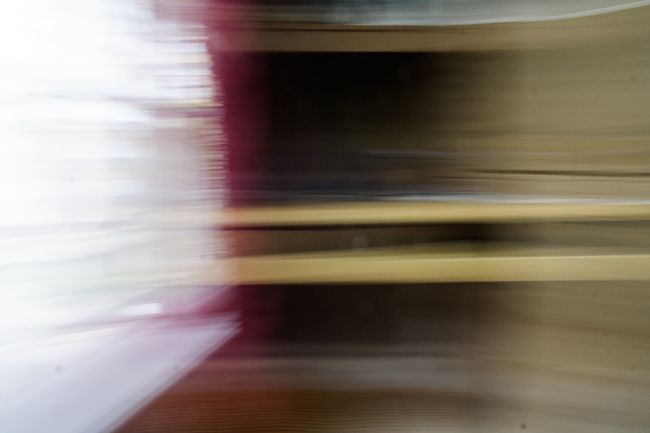
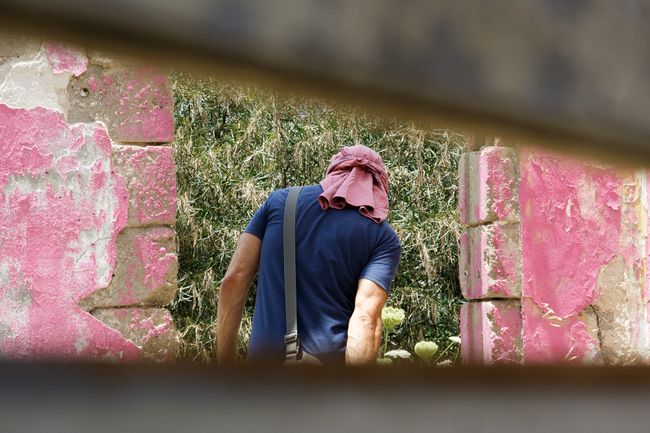
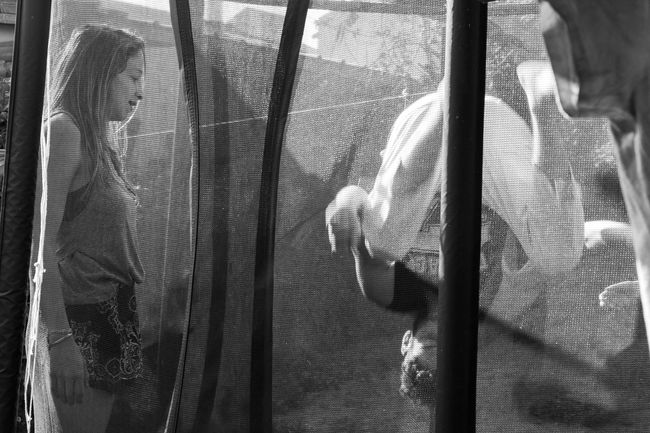
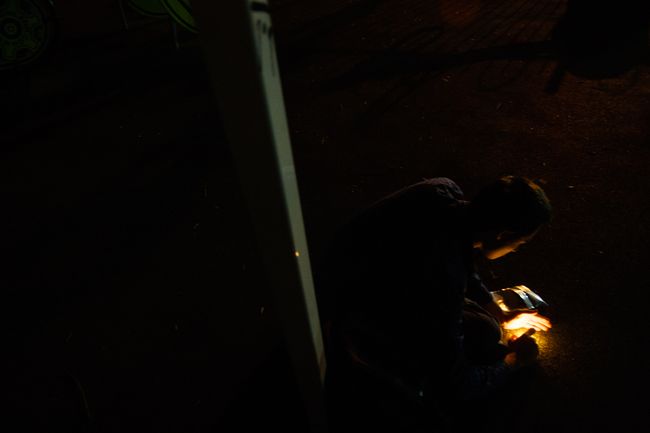
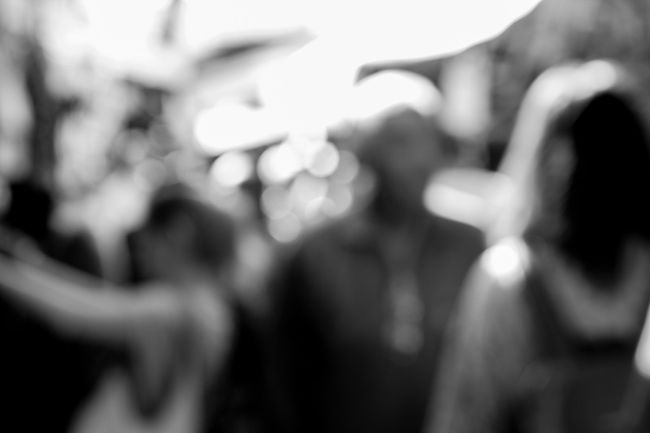
Jumping forward to 2018, I bought myself a brand new Fuji XT-2 camera. I started learning the basics of composition and exposure, and frightenedly shared my work with the world (or however you wanna call Instagram); I found pretty quickly what I enjoyed shooting, and what turned me off; I noticed a positive shift in the way I compose my subjects, and how a first glance of a personal style started appearing in front of me. Those were very exciting times for me, but also very short, unfortunately, because together with all my new improvements - something felt odd about it. Something felt missing.
Going all the way back today through my Instagram posts and old photography folders on my computer - I can clearly recognize now how fast my excitement burned out. I was pretty much done with it after a few months. I took a big step forward into photography, only to realize very quickly that I don’t even know what I like about it.
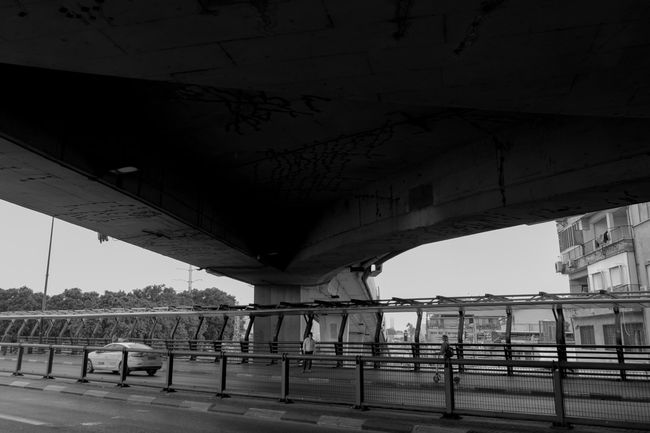
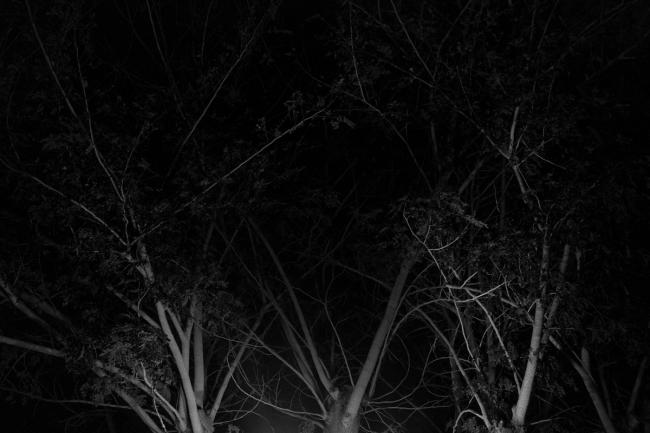
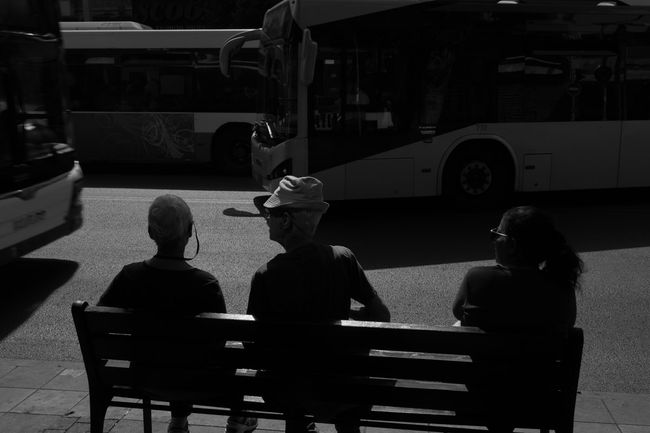
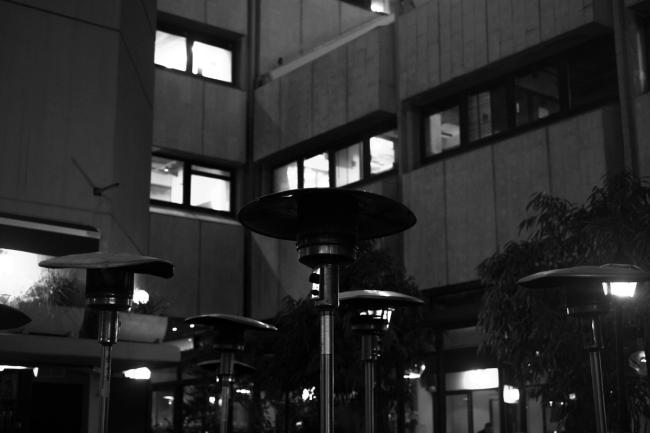
It took me nearly five years to come back, in November of ‘22. Don't even know why or how. It just happened spontaneously. I guess the drive for it was still there in me, but very quiet. I picked up my XT-2 again and started using it intensively, like I was trying really hard to make it work - but that feeling of pointlessness was still there, although at that point I just ignored it in an unhealthy-like way. And even though I lied to myself that everything is fine, deep inside I feared the worst.
I was sure that again, like the last time, my excitement wouldn't last long. Fortunately enough, a month later my dad landed me his Nikkormat FTn film camera, with a 50mm Nikkor lens, just to try it out. And well - nowadays I rarely look back. It's only today, after putting my digital camera aside and going full analog mode, that I'm finally starting to understand (or at least think that I understand) what the hell happened to me all those years.
A puzzle game
So here’s what happened -
Right with my first roll of film, I began taking notes of things like exposure settings, after each shutter release, as I naturally wanted to be able to reflect on my choices in front of the scanned results, and learn something from them. Needless to say, that’s pretty much the only way to do it, as no computer will ever be able to tell me what shutter speed and F-stop settings I chose for each photo (not like with digital RAW files, where every little bit of data is in there). In the next picture, you’ll see exactly how I note all my decisions. That top weird sequence is how I note my film rolls (date_camera_film), and all the rest are picture descriptions with shutter speed and F-stop settings (and sometimes I’ll also add what lens I used, and where exactly I locked my focus).
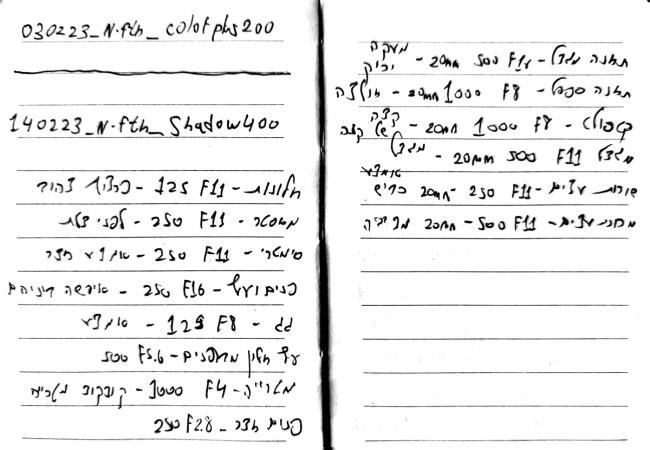
And all of this new process I spontaneously built out of scratch, of carefully and methodically writing everything down, and working hard to make sure I’m doing everything right, with no visual guidance whatsoever - that pretty much changed everything for me.
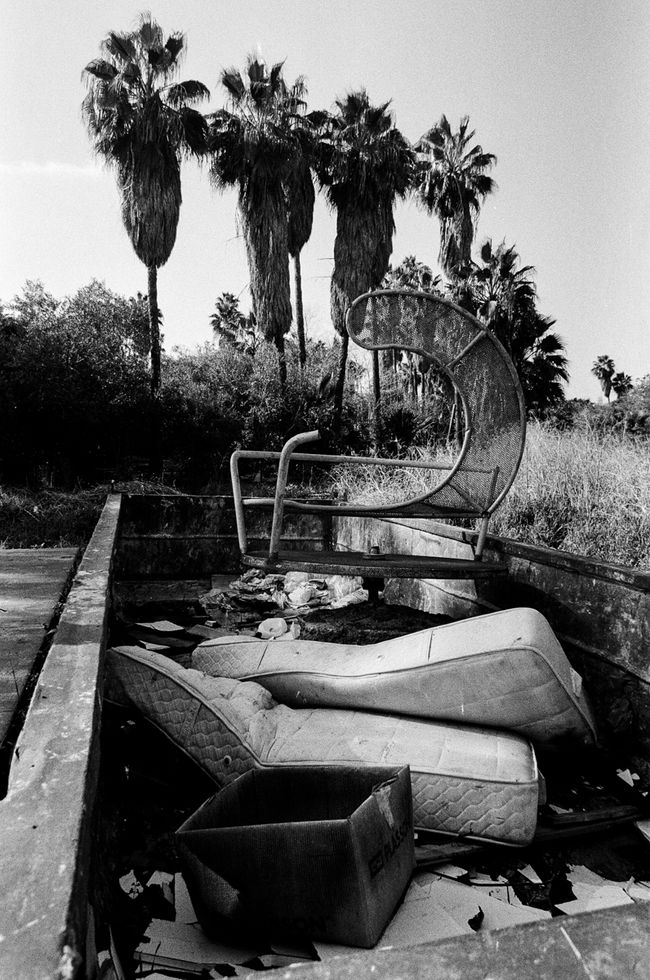
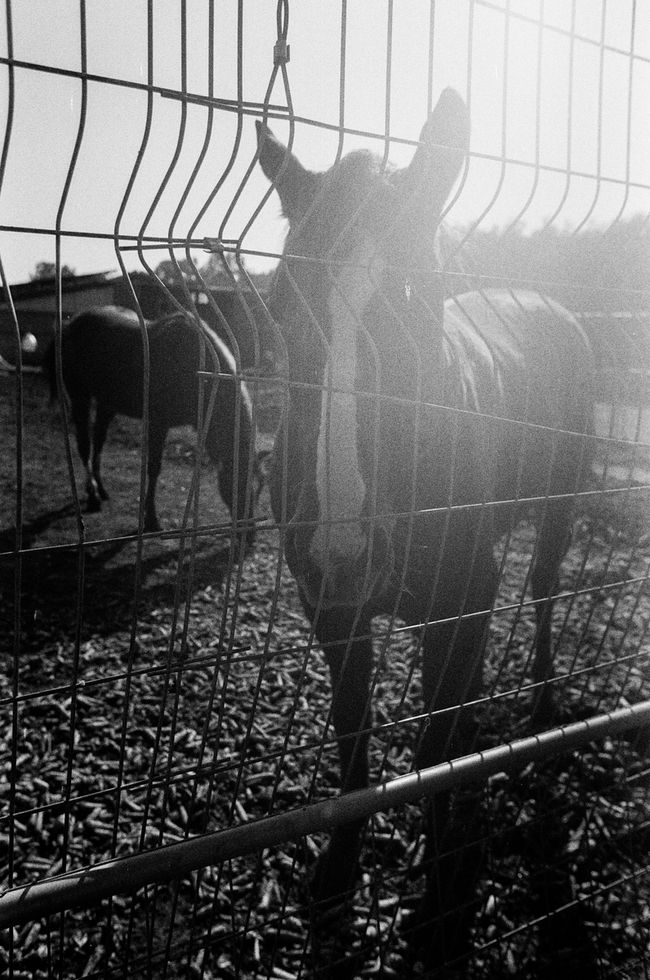
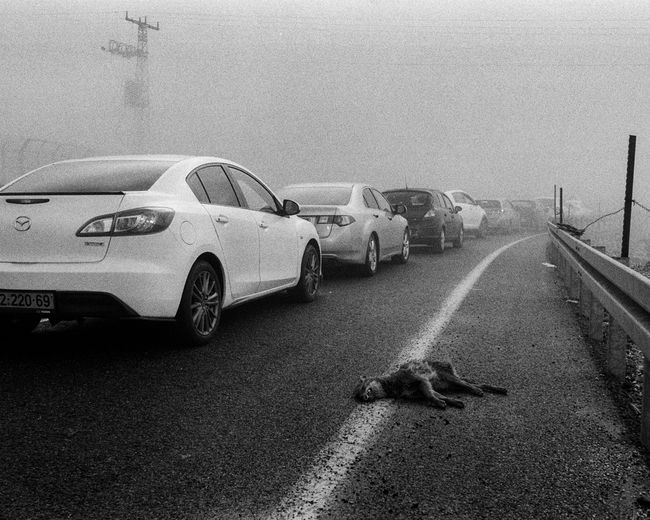
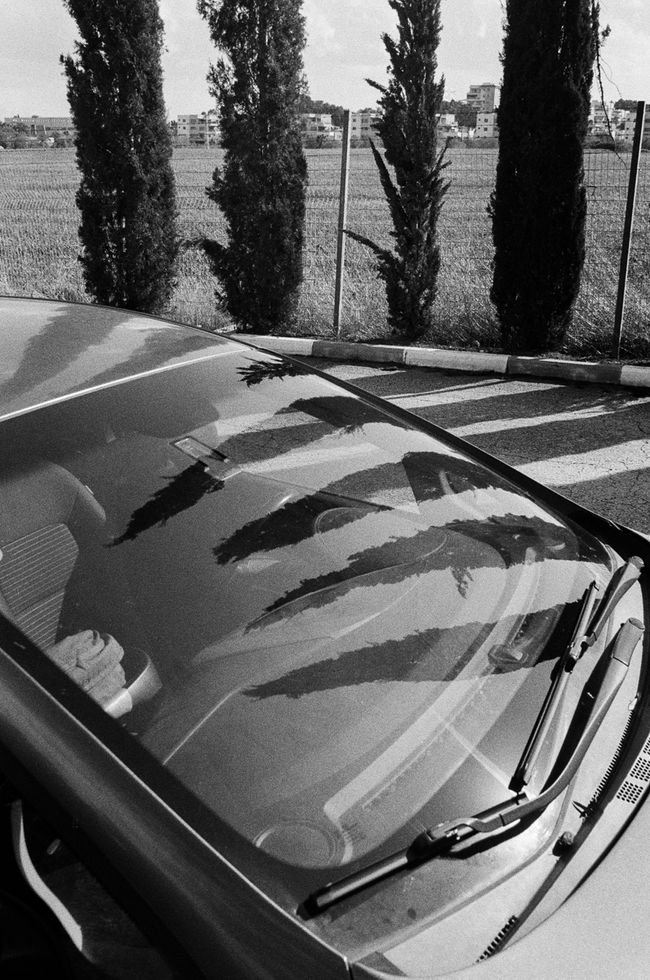
I finally felt like I was actually taking pictures; like I was so much more grounded at every moment, so much so that today I can remember exactly how I felt and what I thought when I took every frame of almost every film roll I own now. That whole process of thinking about every step of the way, and writing it down, and making some sense out of it a week later when I get the scans, and then using that gained knowledge with the next roll of film - this cycle turned out to be invincible. I'm fully convinced today that there's no better way to learn the basics.
Now, of course, it’s possible to do the same with digital cameras - but I can easily imagine it feeling very much counter-intuitive. Not only that - like mentioned before - the RAW files automatically gather all this data for you, but it’s also really easy to forget about the notebook, when you can just burst so many shots in one moment; when you're not limited with frames, and so you don’t have to overthink your compositions; when there’s nothing that forces you to take it slow. That’s at least how I felt about it - I personally couldn't feel grounded in the moment, when there was nothing that limited my actions.
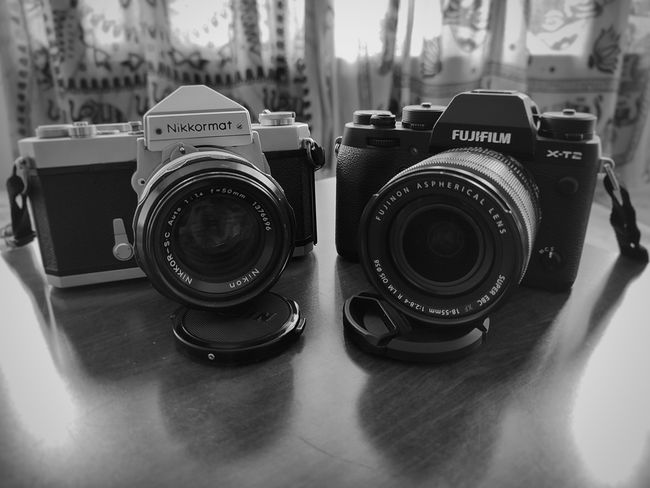
And the same things can also be applied to post-processing. I just found it too damn easy to fix my mistakes, with all these RAW files. When I shot digitally, I almost never really cared if my shots came out over or underexposed, and so when I sat down to fix all those mistakes - it almost felt like those pictures weren’t mine anymore; they belonged to Lightroom from that point, who basically did most of the work on it. How crazy is it, that I worked on those pictures more with a mouse and a keyboard, than with my own eyes and camera? So it shouldn’t be a surprise that my whole photography experience up until this point felt pointless to me, as I couldn’t really explain to myself what I did specifically to achieve the end result.
And just like in the previous point I made, of course you can also fix your mistakes in Lightroom when shooting film - but from my personal experience, I noticed that it’s a lot harder, as corrected exposures usually have weird artifacts in them. And also, at the end of the day, after spending so much money on purchasing film, and developing and scanning it - I found that I naturally gravitate towards a more “respectful” approach for all of my edits, and try to minimize them to a certain degree.
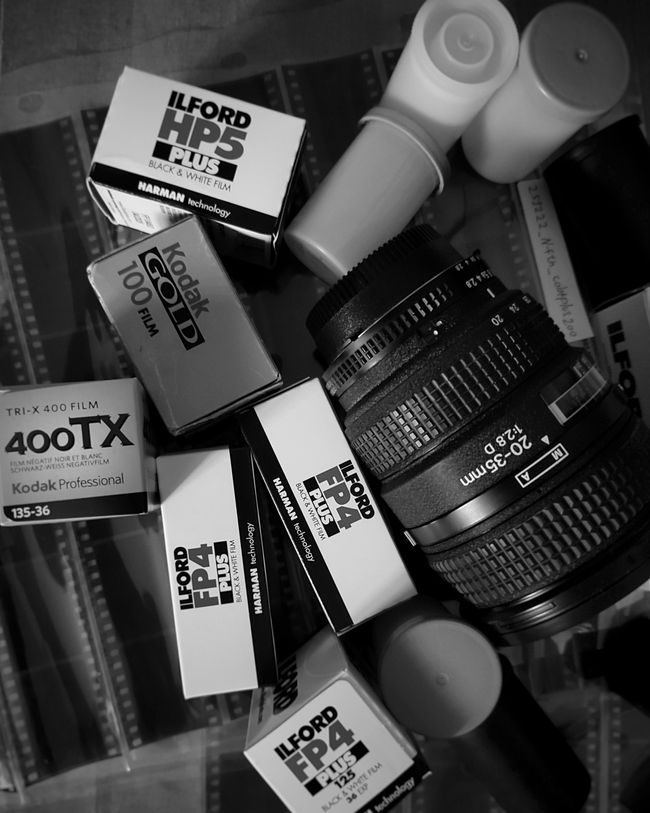
I'm intentionally not using any of the more common comparisons between digital and analog. As I mentioned before, I'm not really here to compare the two. Points like "film look" and “natural grain” aren't relevant here at all, as I would never argue for what looks better. What's a lot more important for me are intentions; the great feeling of hard choices that comes when you're limited on frames; the indisputable learning value in painful punishments, when you got it all wrong. My own photography experience evolved into a puzzle game, one that I got totally addicted to.
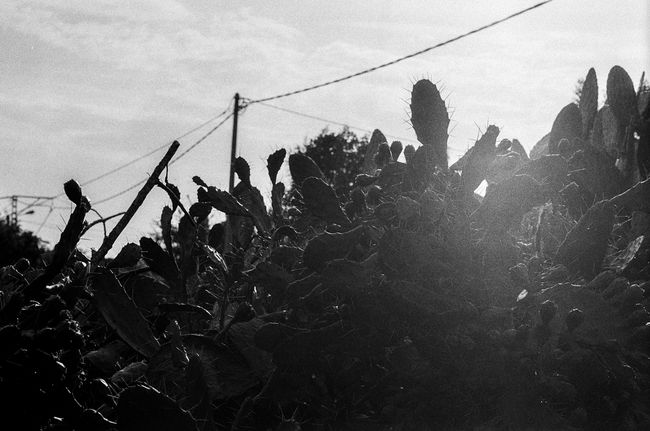
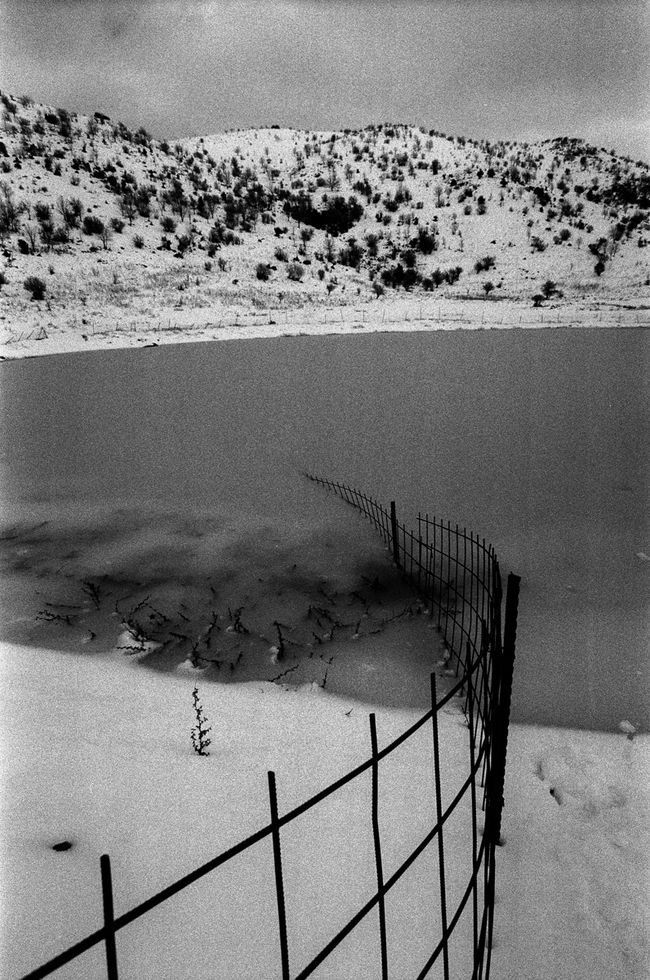
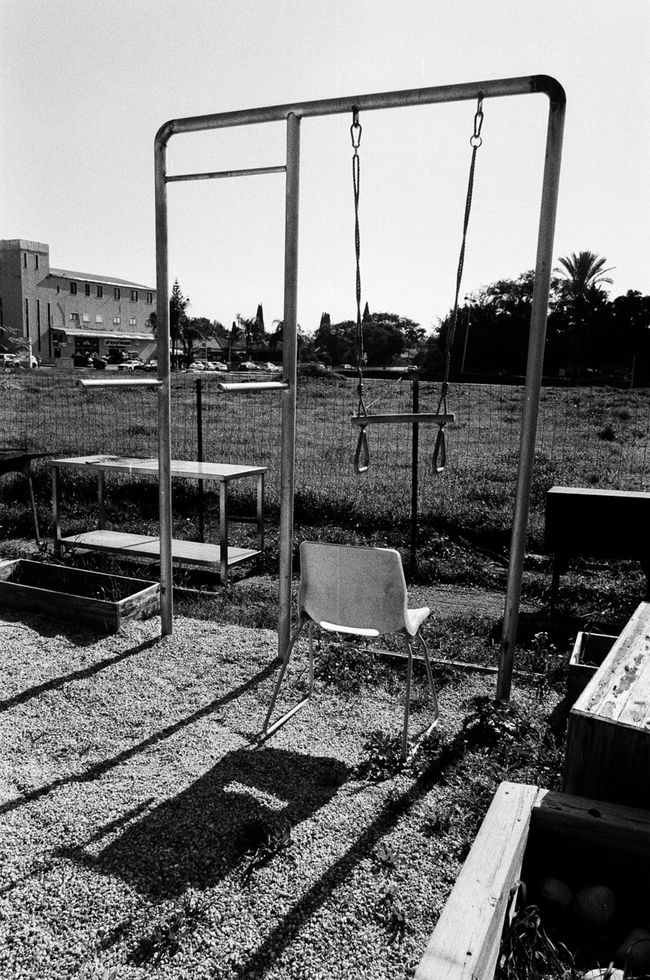
An interesting (and somewhat random) analogy to this would be the difference between horror movies and horror video games. I heard a lot of people comparing the two, in regards to how much the horror itself affects them; how much they are terrified for their main protagonist's life. With horror movies it is somewhat obvious - your main protagonist has only one life. He has to think very carefully before making any moves (unless he's a young student in a slasher flick), as one wrong step can result in a gruesome (and to some - very entertaining) death. Compare that to the video game version - as scary as it may be, your actions and choices don't mean much, because your character can't really die. There are no consequences for "bad" decision-making. Death in most video games is just a loading screen; You just start over from your last checkpoint, and you can keep doing that till the end of time.
And to make things a little bit more balanced, I'll just add that I still believe in the power of stupid and careless choices. They have their own fun, no doubt. Digital photography certainly gives you that option, to experiment endlessly without fear. I would even admit that in these couple of months of shooting film, I found it quite scary to experiment; to just run wild with it (and I’m certainly planning on tackling this fear at some point). So it's all just a question of what exactly you need - in order to enjoy the process.
And before you ask - I don't develop and scan my negatives at home (I send them to a great development lab in Tel Aviv instead). It's too early for me; too big of a step right now, in my opinion (and I also lack enough space at my apartment). I'm pointing this out only because it's yet another huge piece of the puzzle. I'm not going to say much about it, as I don't know enough, but I can only imagine the sheer panic of developing your own stuff, and how it probably makes photographers even more aware of their choices before taking a picture. But the time will come eventually. I'm really looking forward to it.
In conclusion (or: What if I'm completely wrong?)
So… did I really "hunt down" my problem? Did I really fix my "writes block" for good? Probably not.
I'm not going to delve too much into this question, as I don't want to go full meta with this post. If you managed to follow the timeline from earlier carefully, you might’ve noticed that my actual experience with film photography is only a couple of months old now, and as hard as it is, I’m still managing to respectfully remember that this whole thing might as well be yet another one of those “foolish confidence of a novice” type traps. And if it is the case - so be it. I think that as long as I’m feeling excited, every time I’m taking out a camera for a ride - it’s all that matters.
That’s exactly why I created this blog from the get-go (apart from all the other obvious reasons) - to have the option to go back and read about my new discoveries and experiences, and to reflect on them, in case I’ll feel lost again, just like I do with all my noted actions.
God bless limitations in art! (and you too).
